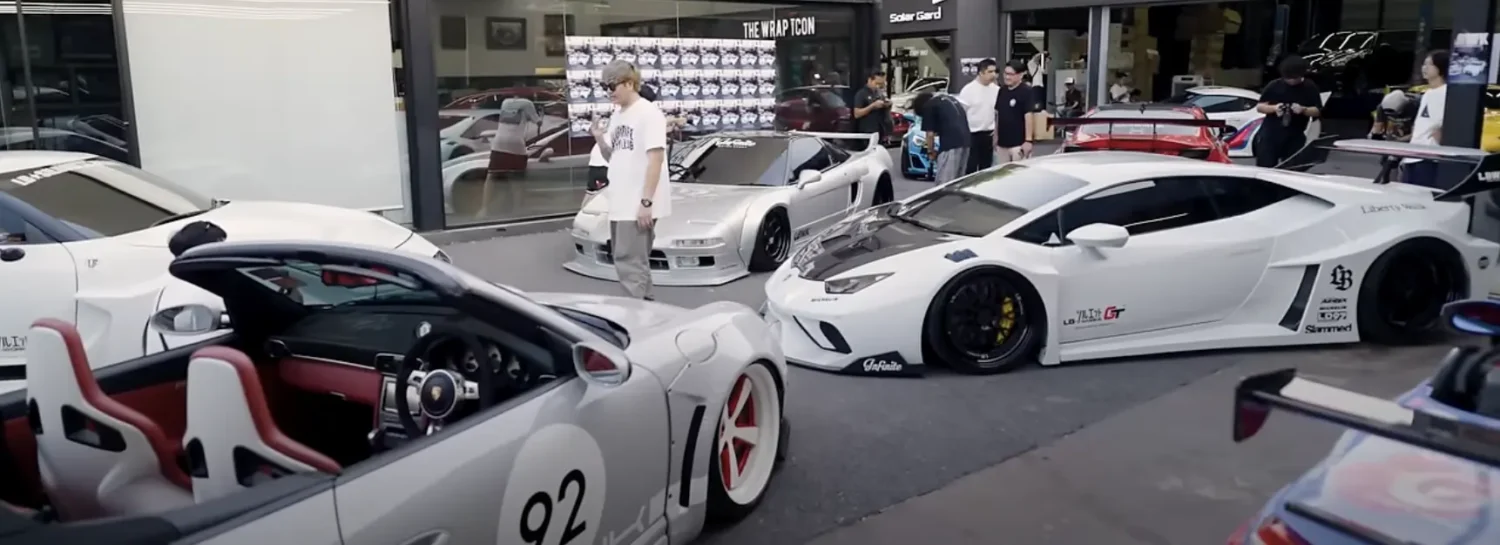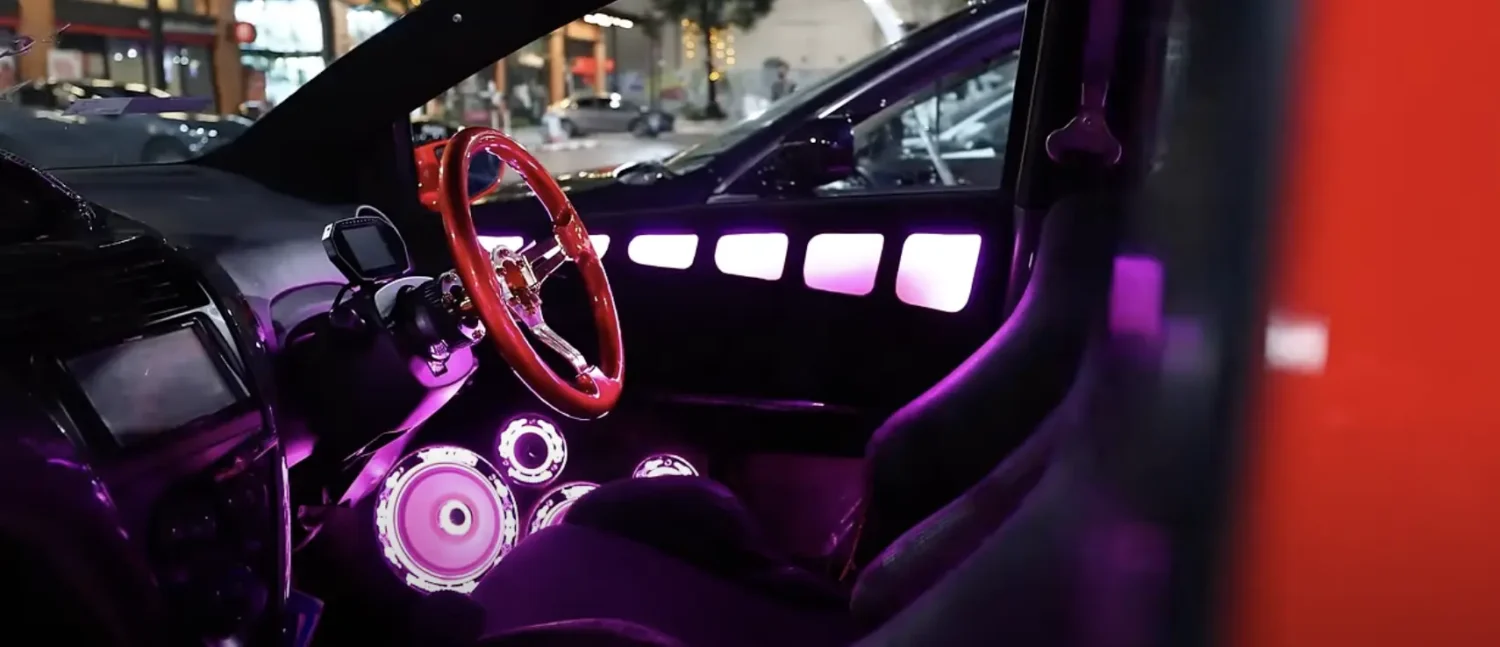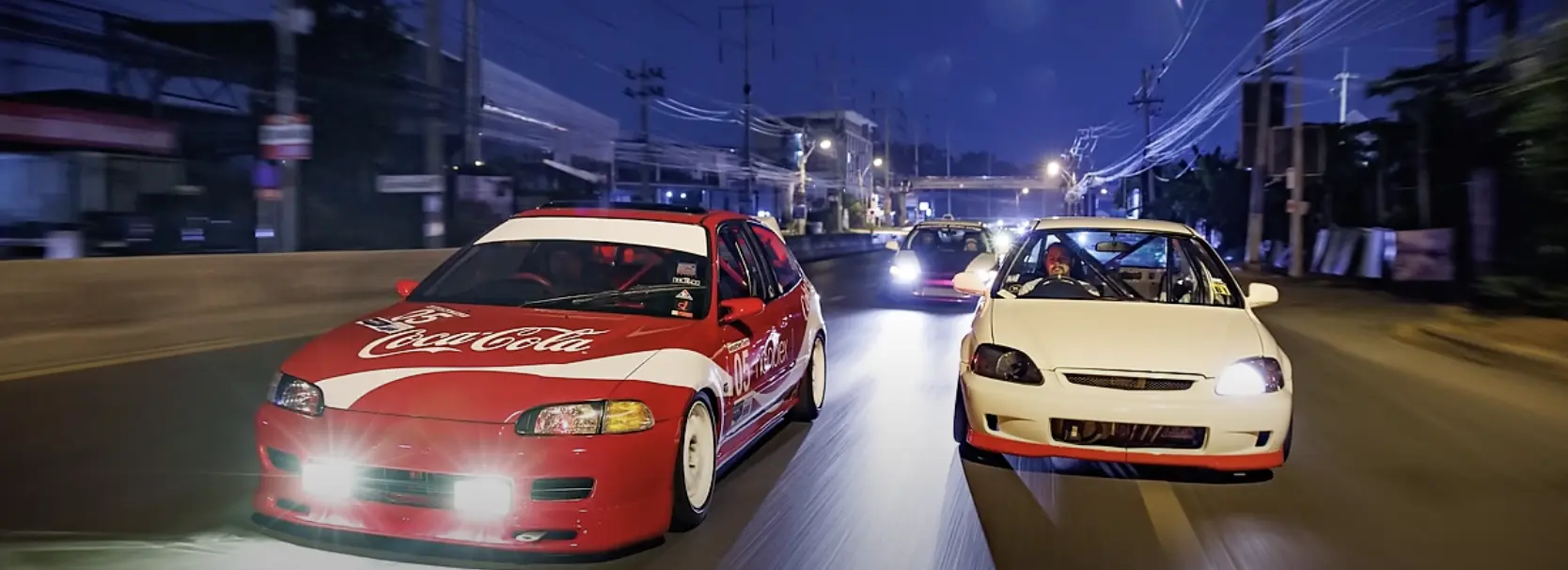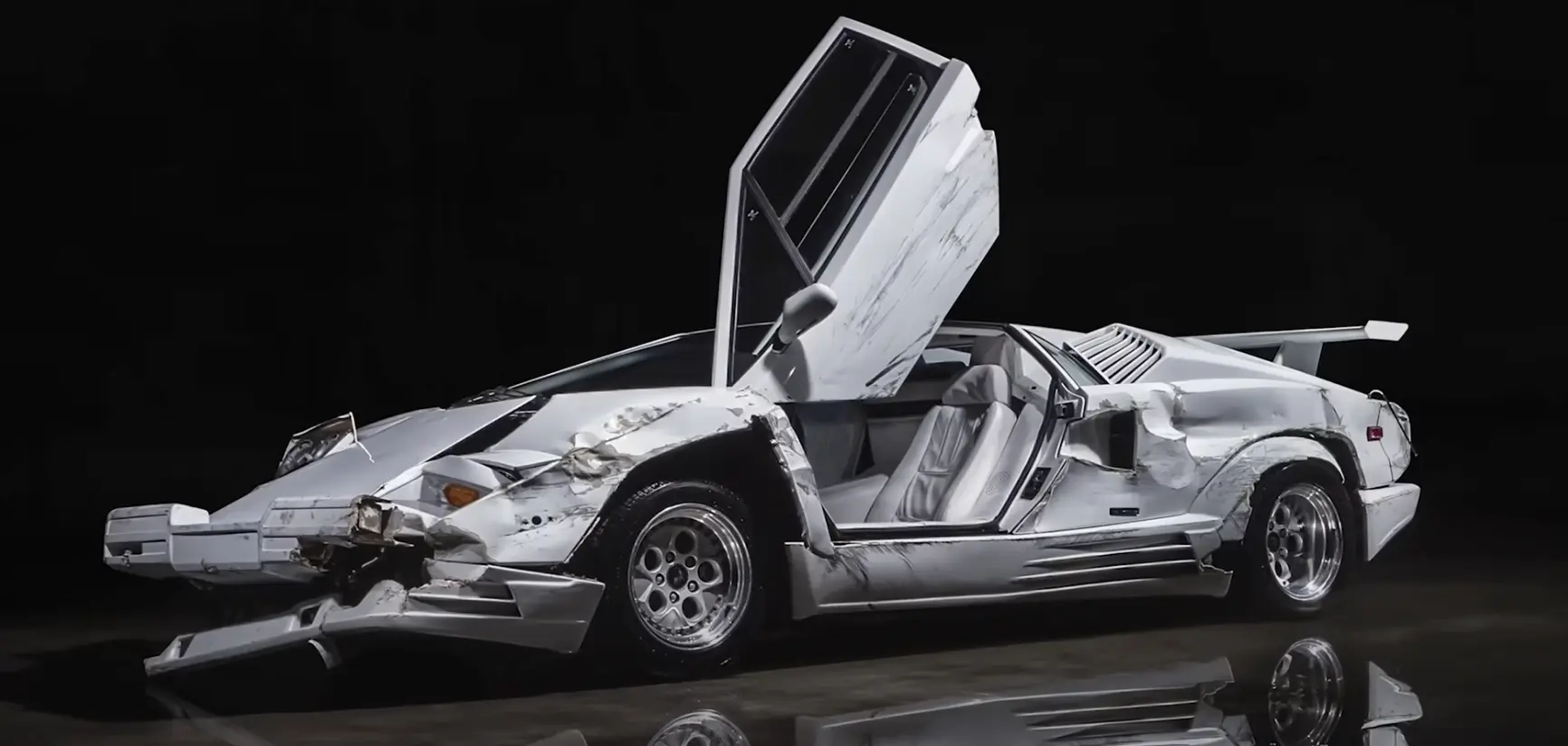In the realm of global automotive subcultures, few are as vibrant and audacious as Thailand’s. Often compared to Japan for its intense passion for modifications and street racing, Thailand’s car culture brings its own unique flavor of lawlessness and creativity to the streets.
For enthusiasts looking for a raw and unfiltered automotive experience, Thailand is a treasure trove. The country’s car scene is renowned for its fearless approach to tuning and racing, particularly noticeable in the bustling city of Bangkok. Here, amidst the neon lights and night markets, the streets come alive with the roar of engines well past midnight.

One of the most thrilling aspects of Thai car culture is the phenomenon of Conjo racing. Directly inspired by the infamous Kanjozoku of Osaka, Japan, Conjo racers take to the urban expressways to race looped circuits at breakneck speeds. These racers modify their vehicles, typically Hondas, with flamboyant liveries often mimicking popular brands, enhancing not just performance but also street presence.
A night following these racers provides an adrenaline rush that is cinematic. The vehicles, equipped with extreme camber adjustments and lightweight components, zip through traffic, embodying a spirit of rebellion and freedom that defines the Thai street racing ethos. It’s a scene straight out of a high-octane action movie, except it’s real, raw, and undeniably infectious.

But what allows this culture to thrive with such fervor? Thailand’s relatively lenient traffic enforcement plays a significant role. Many locals note that seeing a traffic stop is a rarity. While speed cameras dot the highways, the penalties are minor — typically around $15 USD — and do not affect a driver’s license points. However, it’s important to recognize that while these fines may seem insignificant to foreigners, they can be substantial for the average Thai earning around $350 USD per month.
The love for modified cars doesn’t stop at street racers. Thailand is also home to a remarkable collection of Japanese Domestic Market (JDM) vehicles. In a hidden garage beneath an apartment building in Bangkok, an extraordinary array of JDM classics can be found. The owner has transformed the space into a nostalgic Japanese alley, complete with vintage décor and memorabilia, celebrating the cars and their rich culture.

This deep-rooted passion for JDM culture is further exemplified in individuals like “Beer,” a local enthusiast who has amassed a stunning collection of modified JDM cars. Despite his ability to afford almost any luxury vehicle, “Beer” chooses to invest his time and resources into creating concours-level Japanese classics, demonstrating the profound emotional connection Thai enthusiasts have with their cars.

Beyond individual collections and underground races, Thailand’s car culture is supported by various community gatherings and events that showcase the creativity and craftsmanship of Thai tuners. From Liberty Walk’s Bangkok outpost to vibrant car meets at themed venues like Smith’s Garage, the community aspect of Thai car culture fosters a sense of belonging and a shared passion for all things automotive.

As Thailand’s car scene continues to evolve, it remains a fascinating, slightly wild spectacle that captivates anyone with a love for cars and speed. It’s a reminder of the universal language of car enthusiasm — a language of expression, innovation, and, above all else, an undying love for the ride.





